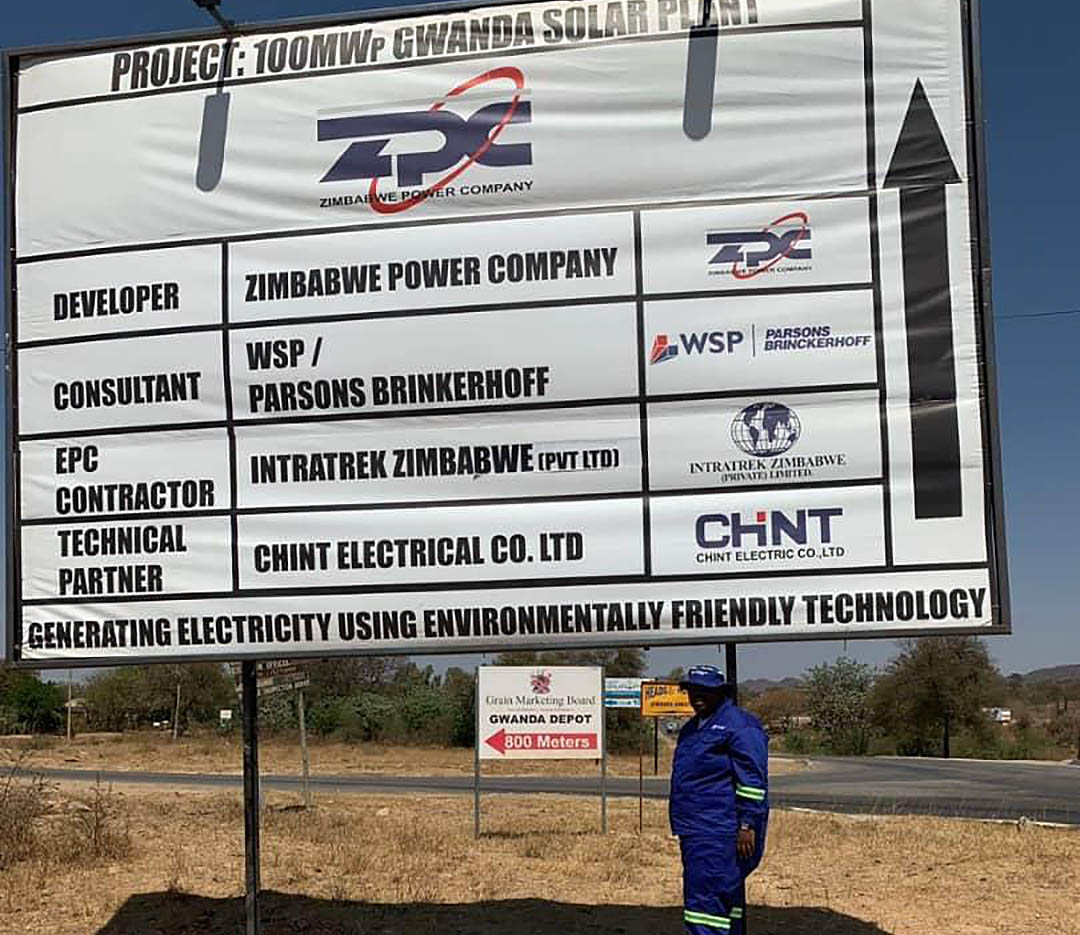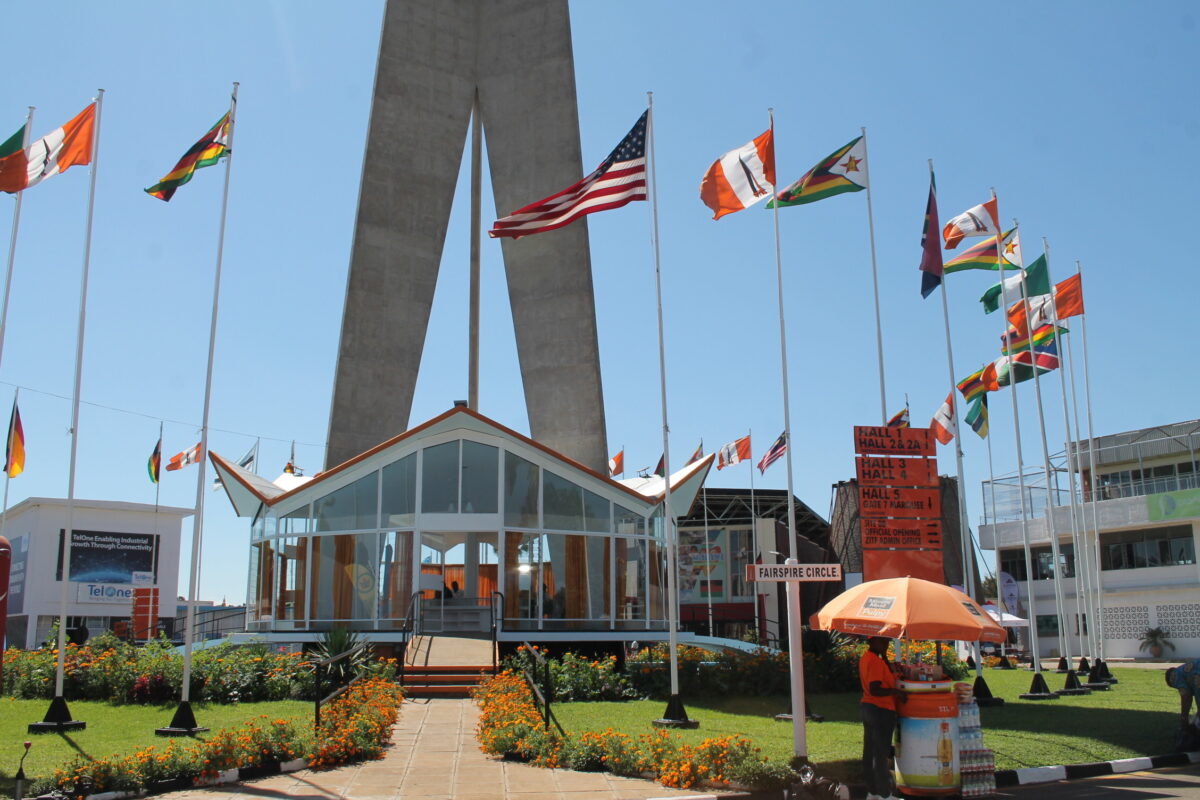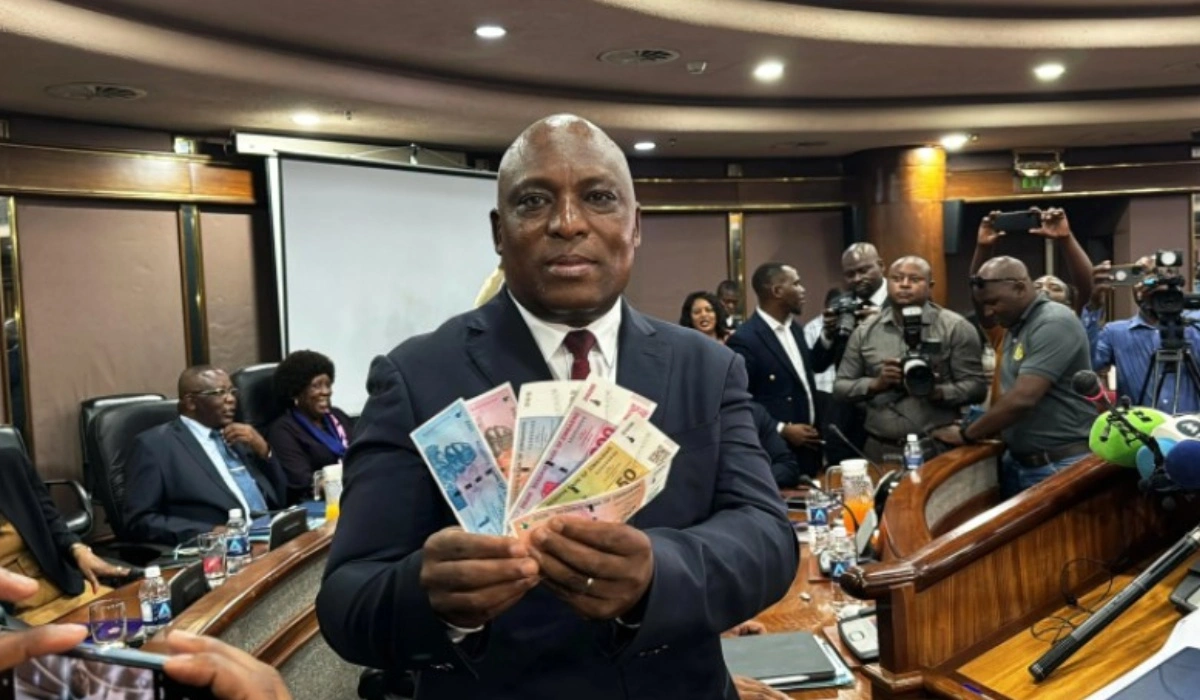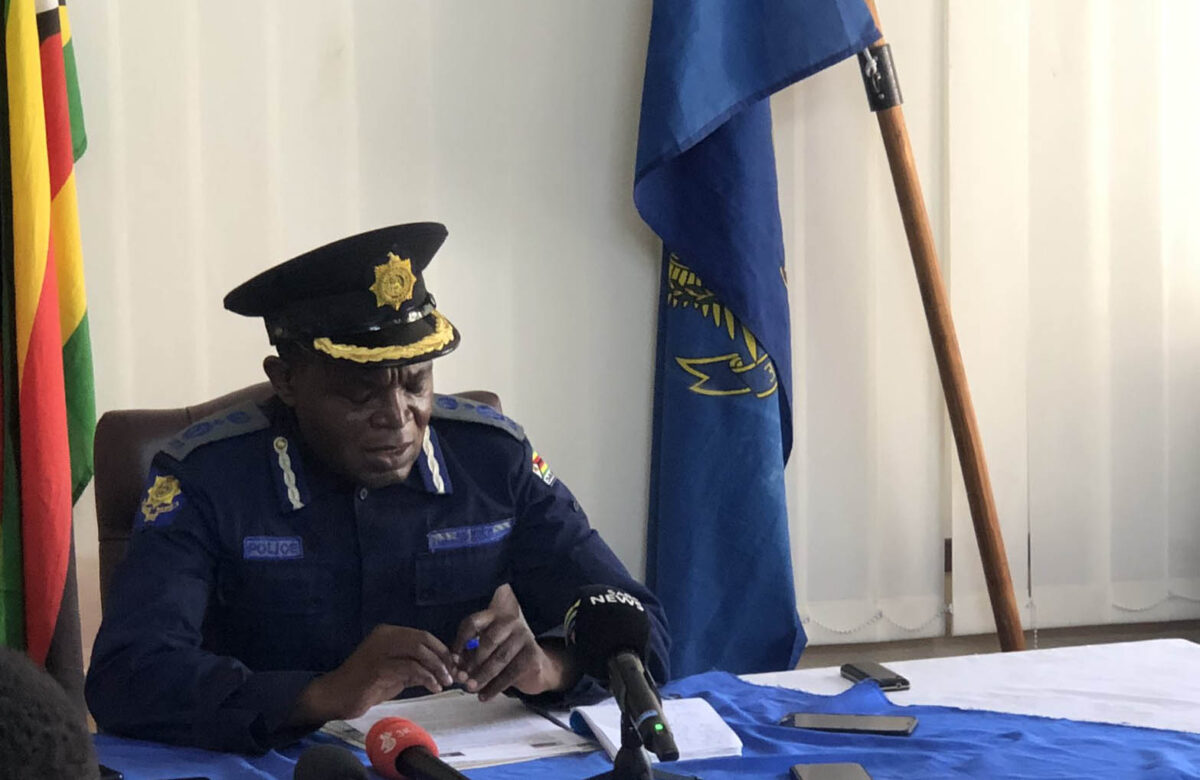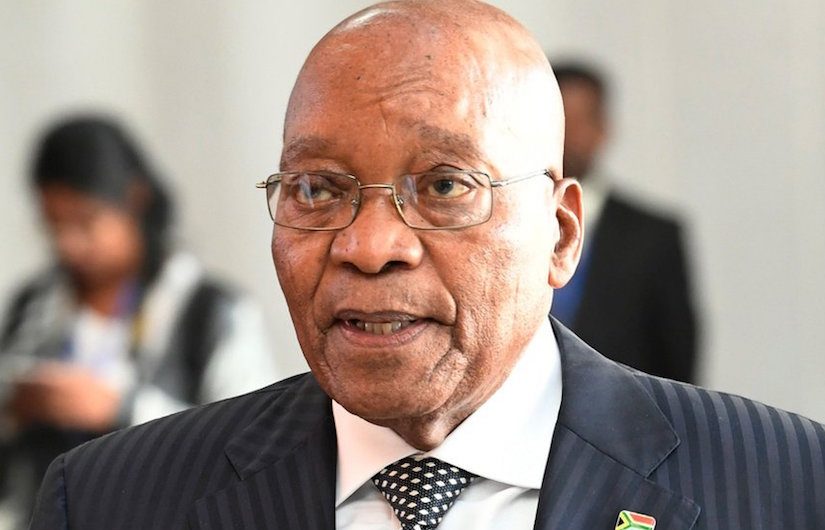BULAWAYO – Intratrek Zimbabwe says it is ready to begin the long-delayed construction of the 100MW Gwanda solar power plant.
Intratrek says it has secured US$14 million financing for the first phase of the project, which would see 10MW being added to the national grid by June next year.
The project will now be implemented in phases after difficulties in securing local and international financing, Intratrek said in a letter to the Zimbabwe Power Company.
The initial funding for the project is coming from local infrastructure fund, African Transmission Corporation Holdings (ATC).
“In order to adequately present this financing proposal to ZPC, Intratrek has invested in a review of the project, which culminated in authorship of a strategic review document by our consultants on what needs to be done to implement the project,” Intratrek director Wicknell Chivayo said in a letter to ZPC.
“A reading of this comprehensive report dovetails into a coherent strategy which, if embraced, will allow for the commencement of construction before the end of 2019 and have operating 10MW PV plant by the end of the second quarter of 2020.
“The extent of capital outlay invested in the pre-commencement works makes the project a good candidate to proceed with commencement, especially in light of available offer on funding the first 10MW.
“Further, the 10MW, upon commissioning, would act as successful precedent upon which financing for the balance of 90MW would be mobilised.”
Intratrek won a tender to build the power plant on an engineering, procurement and construction contract for US$172 million, which was later revised down to US$139 million.
Sinosure, which guarantees Chinese public loans, pulled out of an earlier agreement to finance the project citing arrears on earlier State-guaranteed loans to Zimbabwe.
Intratrek also claims alternative funding proposals that included using Afreximbank and local pension funds, led by CBZ Bank, also received little favour and support from the owners of the project, ZPC.
The fundraising has also lately been made more difficult due to perceptions of risk associated with monetary changes that saw Zimbabwe ditch the US dollar for its local currency, which has faced volatility due to exchange rate dynamics and inflation.
ATC has proposed that Intratrek Zimbabwe must agree with the amendments to the engineering, procurement and construction contract with ZPC, finalise all licences and permits, contracts, power purchase agreements and leases by end of this month.
It has also recommended that all documentation be submitted to the ATC board by mid-December and that all conditions precedent be fully met by end of December 2019.
ATC indicated that if all is in place, the first drawdown could be ready by the beginning of February next year.
“This is a very tight timeframe, which leaves little room for errors. There is a need for a co-ordinated front between Intratrek and ZPC to accelerate the project, especially with regards to the application to ZERA and negotiations of the power purchase agreement with ZETDC,” ATC said in a letter to ZPC.
It added: “Recent experience on the Hwange expansion, Mutare peaking project and Gairezi hydro-electric projects, among others, has demonstrated that agreements can drag on without resolution.
“It is important that the implementation agreement should be presented as early as possible to the Ministry of Finance and Economic Development to get their buy in ahead of time in order to avoid protracted negotiations and possible delays.”
Intratrek executive chairman Wilson Manase, said: “All things being equal, we expect to commission Phase 1 by the second quarter of 2020.”
Intratrek won a High Court bid to proceed with work at the site while ZPC appeals to the Supreme Court seeking to terminate the contract over alleged breaches by Intratrek, who were first awarded the project in 2015.
A High Court judge said ZPC’s appeal had little prospects of success, and Intratrek has meanwhile completed 90 percent of the pre-commencement works at the site in Gwanda.
(Additional report The Herald)
